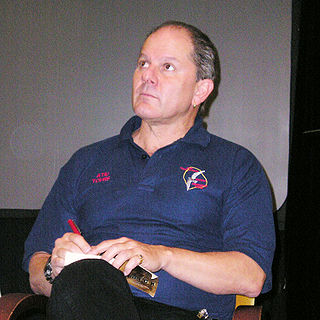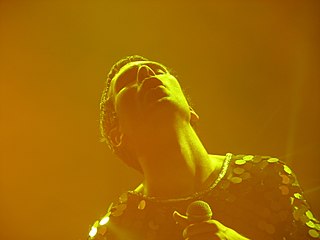A Quote by Rupi Kaur
When writing for the page, the focus is on the design - how the words appear on the page. I try to make it as direct and simple as possible.
Related Quotes
Yes, the fear of its blankness. At the same time, I kind of loved it. Mallarmé was trying to make the page a blank page. But if you're going to make the page a blank page, it's not just the absence of something, it has to become something else. It has to be material, it has to be this thing. I wanted to turn a page into a thing.
There's a difference between writing, the written word, and music. When you have the blank page it doesn't make a sound, which is like what happens to me every night when I'm playing. There is that crazy moment: the first mark you make on the page. But sound can inspire sound, in a way that words can't inspire words - at least for me. The nature of sound itself is still a huge mystery to me. I'm very happy about that.







































